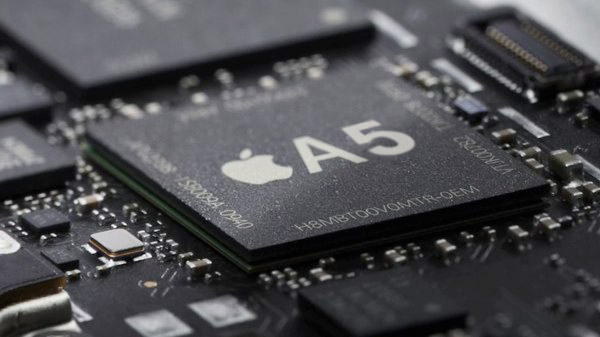At the end of each month, the accountants will tally up the sales receipts and start the deductions. Since the purchase of the machine was a one time expenditure, they will divide that cost by the number of months it will be helping to generate revenue. This matches the revenue with the money it cost to buy that machine. But they don’t take the actual months it will be in service, they will use the shortest generally accepted time frame they can get away with. For instance, they might actually use the machine for the next three years, but if they can depreciate it for only one year, they will. The reason for front loading the depreciation is to shield revenue from income taxes and thereby increase cash flow. It’s kind of like itemizing your deductions from income when you do your taxes. The less income you can show the IRS, the lower your tax bill.
This is relevant to Apple’s iDevices because if a company is very lucky, and there is still market demand for an older product line that has been fully depreciated, they enter a sweet spot where profit margins take a huge jump because they are no longer getting a monthly deduction for machinery, tooling, and R&D. And in a high volume, high depreciation business model like Apple’s, these unglamorous has-been’s of the tech world become Income Statement superstars that outshine the latest products by far.
Everybody likes to talk about how Apple’s profit margins are higher than Samsung’s but it’s a little fuzzy as to actually why. I don’t have any inside information on Apple product line income statements, so this is just conjecture, but I would guess that this is a significant reason. Apple just announced that the iPad Mini’s launched in 2012 are part of their product portfolio for 2015. The iPod Touch and iPhone 4s in other parts of the developing world come to mind as well. I don’t think you’re going to find any Samsung phones or tablets from 2012 still actively sold. So every sale that Samsung makes comes with a hefty charge for depreciation and amortization. Samsung products never go out in a financial blaze of glory like Apple products often do.
Show me a company that is constantly tossing out old designs in favor of new ones and I’ll show you a company that has a laid back board of directors. Tossing out products that have millions of dollars of R&D, tooling, and machinery is like hauling a car off to the junk yard as soon as you pay off the loan. You may be able to get away with it while sales are good and profit margins are high. But mark my words, once the twin pillars of revenue and margins go down, that board of directors will start demanding to see income statements for individual products. When sales go down all of a sudden everyone starts asking questions. I know, I’ve spent the last 20+ years trying to help management explain the trends. Then will come the inevitable product portfolio consolidation. What always makes the headlines is the layoffs, but it is often the products which are cut that drives the headcount reductions.
I can understand the arguments as to why Apple shouldn’t be selling the "iPad Zombies”. Questionable user experience, app developer hell, etc. However, from a numbers analysis standpoint, I stand in sheer awe of what Apple has achieved and how financially well managed this company is.



 RSS Feed
RSS Feed